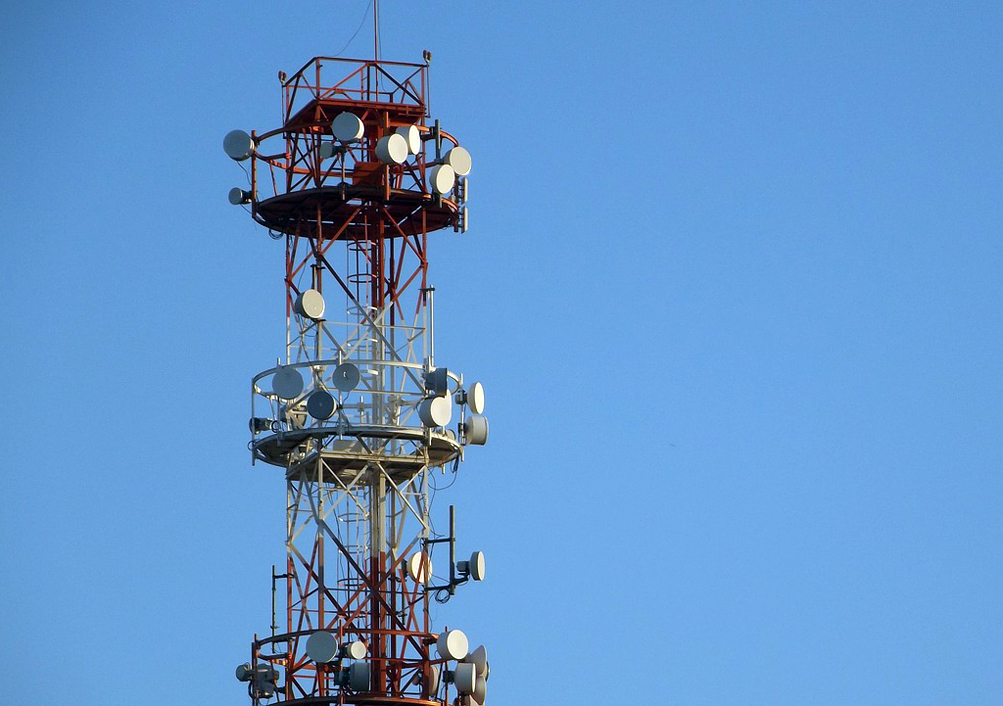DoT’s appeal: Supreme Court refuses to stay TDSAT’s order on OTSC

New Delhi, November 6: The Supreme Court on Thursday refused to stay the TDSAT order that had quashed the department of telecommunications’ demand for one-time spectrum charge (OTSC) on spectrum allotted beyond start-up 4.4 MHz to up to the contracted limit of 6.2 MHz.
A Bench led by justice Ashok Bhushan sought response from Vodafone Idea on the government’s appeal challenging the TDSAT’s July 4, 2019, order that held the DoT’s demand as “unsustainable”, the Financial Express reported.
Senior counsel Harish Salve and counsel Ashish Prasad, appearing for Vodafone Idea, sought two weeks’ time to file response with regard to the stay sought by DoT. The matter will next come up for hearing on November 24. Additional solicitor general Vikramjit Banerjee represented the government.
The TDSAT had also ruled that the government can charge OTSC only prospectively from January 1, 2013, (the date on which the government notified this decision) and that too only on administratively allocated airwaves beyond 6.2 MHz.
The DoT, in its appeal, has stated that the government’s policies in the fast changing telecom and technology sectors are adopted and tailored from time to time based upon the circumstances and these policies were sometime recommended by an independent and specialised regulatory body Trai after open house consultations with stakeholders.
After the TDSAT’s decision last year, the burden of OTSC for operators like Bharti Airtel and Vodafone Idea had come down by more than 60 per cent.
DoT had levied the OTSC retrospectively from July 1, 2008, when a decision to this effect was taken by the government, and raised a total demand of around Rs 25,000 crore on nine telcos in 2013 for spectrum held beyond 6.2 MHz. Vodafone Idea had moved the tribunal against the government for raising a demand for Rs 3,599.4 crore as the OSTC.
The decision to levy OTSC was taken by the United Progressive Alliance government in the wake of the Supreme Court in February 2012 cancelling 122 telecom 2G licences given by the then telecom minister A Raja. While the SC cancelled the licences, it raised a furore as these were given at 2001 rates of Rs 1,658 crore.
The Union Cabinet then decided to charge for spectrum given to the operators beyond the contracted amount through administrative orders.
On why retrospective demand is unsustainable, the TDSAT had explained, “Keeping in view the requirement of natural justice, levy of any such demand has to be accompanied with an option to surrender the allotted spectrum. However, we notice that the demand notice is given in 2012 to be effective from 2008, but option to surrender is from 2012 and not from 2008. Exercising the choice of surrender with effect from 2008 actually will be an impossibility, since no notice for charging OTSC was given to the petitioner in 2008. Therefore, retrospectivity of demand in this case cannot be held to be sustainable. However, levy of such demand prospectively suffers no such infirmity”.
Sign up for our weekly newsletter to stay up to date on our product, events featured blog, special offer and all of the exciting things that take place here at Legitquest.




Add a Comment